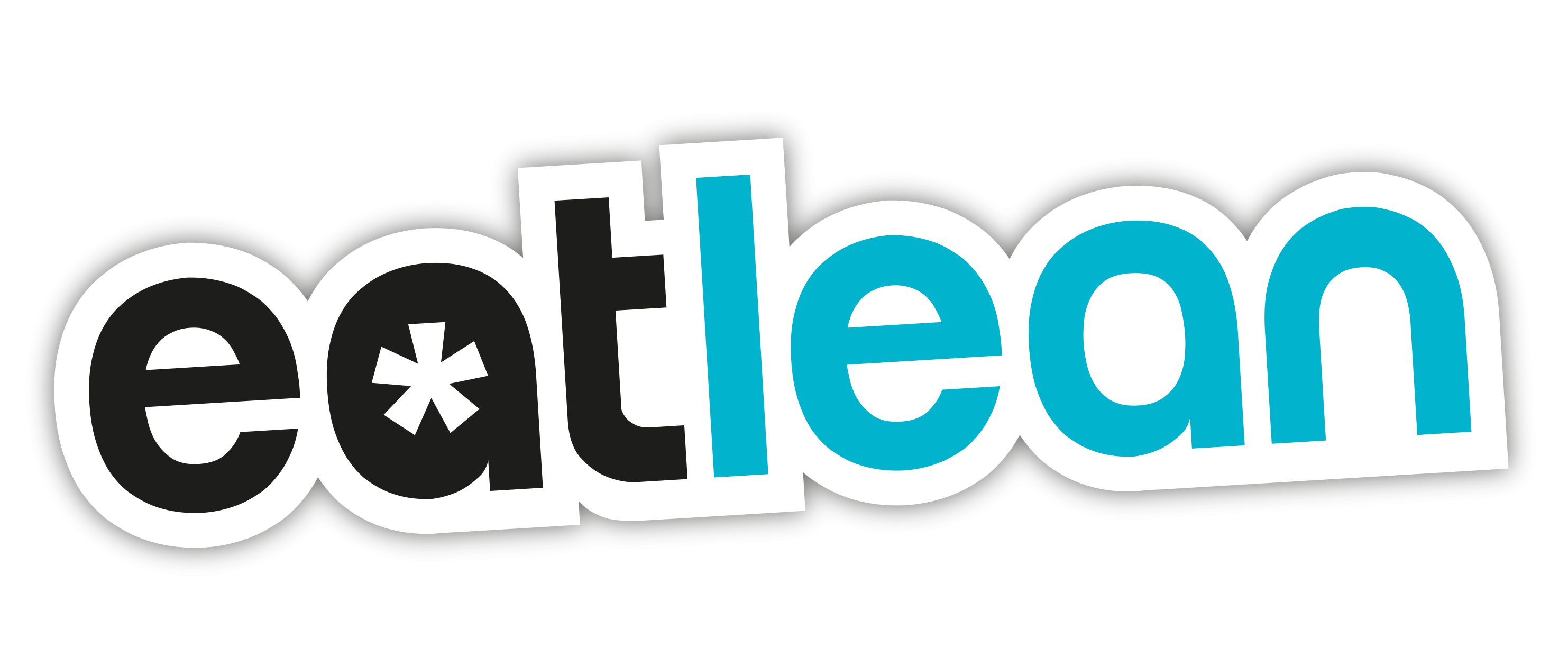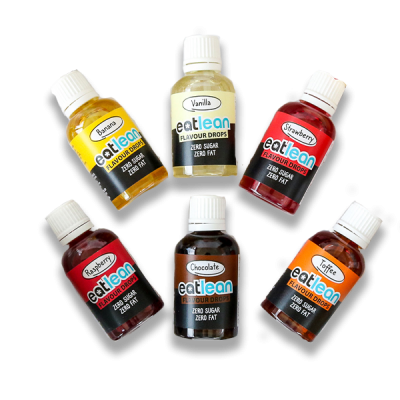The Importance of Staying Hydrated

”Drink More Water”
”Stay Hydrated”
I’m sure you’ve heard these before. They are the messages that are relayed to us throughout our lives. Right from childhood when we play out in the sun or are at our school desk trying to concentrate, to being adults when we are sporadically recommended to sip by doctors or gym instructors.
But these instructions are rarely said alongside any justification other than ‘it’s good for you’. As such it’s difficult to make hydration a priority or even something that you think about on a regular basis. After all, if you don’t know WHY you are doing something, there’s just about no chance of you sticking to it (even when you do remember).
This week, therefore, I am not just going to tell you to drink more water – no, that horse has been flogged enough! I am going to tell you WHY you need to drink more, what happens when you don’t. Then give you practical recommendations of how to increase your water intake.
Now before I carry on, let me preface this with a caveat. I know you want a diet plan, I know you want to be told what to eat, I know you want to just know so you can get on with losing weight or achieving whatever your goals are, but I need you to slow down, you must take stock with why you have not had the success you have expected in previous years with your diet and nutrition, and understand that change must come from re-education, change, and a shift in WHY you want to do this.
You need to think about diet as an aspect of your habitual lifestyle. Rather than as something you do for a short period of time to achieve a short term goal. If I give you a diet plan and tell you what to eat you haven’t learnt anything, you will be back to square one in a matter of weeks or months. I need change, in you, and this comes from changing habits, to healthy ones, once and for all. So, with this in mind, let’s start to build some of those healthy habits.
Most people think that they drink enough as it is, and this might include you, too. It’s a fair point, which needs addressing because on one level you are correct.
If you are reading this that means there has been no point in time where you have died of thirst. That means that your hydration levels aren’t awful. The problem, though, is that there is a gap between “enough water” and “the right amount of water”. That’s what I want to address here.
Dehydration is defined as a loss of 5% of the body’s fluid. With moderate dehydration coming in at 5-10% and 10-15% being considered severe. Most people will only ever experience the first one. With the second being something that is rare but something that can happen on especially hot days or during intense prolonged exercise. The third is a serious medical condition that requires a hospital visit and beyond the scope of what I’ll talk about here.
Because most people only really ever experience mild to low-moderate dehydration – and in fact often live life with mild dehydration all of the time – we’ll just put our focus here.
An average man is around 60% water by weight, and an average woman 50% (the difference largely due to differing amounts of muscle mass, which is a primary storage site for water). What this means is that for a typical 70kg woman, 35kg of her body is water. What this also means is that a loss of only 1.75kg of water is considered mild dehydration. A condition I would say that the vast majority of us are in almost all of the time. But what are the symptoms?
Dehydration, even in a mild form, can cause:
- Poor concentration
- Low energy levels and tiredness
- Poor skin and hair condition
- Dry/chapped lips
- Headaches
- Cramping (including the exacerbation of menstrual cramps)
- Poor gym performance
- Poor gym recovery, and more soreness after training
- Constipation
Progress this on to moderate dehydration and all of these symptoms worsen. At severe levels you are prone to hallucinations, blackouts, vomiting, diarrhoea and even death. Again, though, most of us only ever experience mild dehydration. So what’s the big deal?
One of the reasons that we have all heard that we need to drink more water almost every day since birth is that there is a milieu of benefits to proper hydration. It’s not just a case of ‘avoiding bad stuff’, but ‘feeling awesome’. When you start to hydrate properly, the difference in how you feel at work, in the gym and during leisure activities really can be night and day. Because dehydration only requires a small amount of water loss, a lot of the symptoms are something that you can ignore until you don’t really notice them, they become normal, like having a mild headache or feeling tired most of the time.
That is, until you start to drink more water and notice how much better you feel.
Proper hydration will allow your brain to ‘fire on all cylinders’. Often when people reach for a coffee in the morning they do so to pick themselves up and wake up ready to tackle the day. But one of the main reasons we feel a little sluggish in the morning is because of dehydration (and the fact that you have just come out of a 7-9 hour slumber, its going to take you a while to come around, we shouldn’t be thinking ‘caffeine’ the moment we come around).
During the day, including during sleep, we exhale around 700ml of water at rest. Of course this is more when exercising because we breathe more. But also because our body produces more ‘water vapour’ for exhalation while performing the chemical reactions in our cells needed to produce energy.
Anyway,
This 700ml is partly lost while we sleep, along with a steady amount of gentle sweating which occurs during sleep, especially in heat, and along with the steady filling of our bladder, which forms our morning pee. In short, we lose a lot of water during our sleep. This is one factor that causes us to feel tired in the morning. By re-hydrating at this critical time you will notice almost immediately that you feel a LOT better! And might not even need that morning coffee at all.
On top of this, increasing water intake improves concentration on finer tasks throughout the day, and gives us the power to attend to things. If we are dehydrated, our mind wanders and it’s hard to focus on one task without getting ‘mind fog’, and losing our momentum. Hydrating during your working day WILL make you more productive! Therefore make work feel like less of a chore if you currently aren’t drinking water at your desk.
When it comes to the gym, just MILD dehydration can reduce athletic performance by a SIGNIFICANT margin. It causes an increase in core temperature because you aren’t able to thermoregulate properly. Meaning that you feel tired a lot faster, it causes those energy producing cellular reactions mentioned earlier to slow down! Meaning you have less ‘in the tank’ and it also reduces your muscles’ ability to contract to their full potential.
Then, when you are finished your session water is a vital part of your body’s ‘’detoxification’’ pathways whereby you get rid of all the nasty by-products of training. Which ultimately leaves these things floating about in your muscle cells for far longer. On top of that, water is needed within your cells to repair the small bits of damage you do with resistance training.
In effect, you aren’t able to train as hard so you burn fewer calories and get less on-going improvement! Then you hurt even more after you train because you can’t recover properly. A lose lose situation.
As a final issue, water is required in the process your body performs to burn up bodyfat. Yes, you read that correctly! If you aren’t properly hydrated your body finds it VERY difficult to burn body fat.
By sipping water through the day and then taking some water with you while you work out, you avoid all of the above entirely, with no real negative drawbacks. You have nothing to lose!
Practical Tips To Drink More Water
So, now that we have your attention. Here’s what we recommend to you for increasing your hydration levels, feeling better and training harder every day:
- Drink 500ml water upon waking, before your morning coffee. This will help you wake up, and get you off to a really good start.
- Buy a cool water bottle. I don’t have any research to back this up! But if you have a cool water bottle that is almost like an accessory then you are more likely to carry it around.
- Fill said water bottle up with water and drink it during the day. Try to drink before you get thirsty. As thirst is there to tell you when you are already dehydrated – we are wanting to avoid this. A few sips every half hour is a great move. Feel free to set a small reminder on your phone while you are developing the habit. Or simply drink around a pint at each of your main meals.
- Get some citrus fruits, fruit tea bags (throw them into your water bottle the night before and leave it in the fridge overnight), or as a last option some sugar free squash to mix into your water to make it taste great. Experiment with different concoctions and find ones you like. Fresh mint, rosemary, cucumber, ginger or limes all work.
- During exercise, drink at least 500ml water per hour, more if it’s really hot.
- Include ‘watery’ foods during the day. Especially if work or other things make drinking difficult. Watermelon, cucumbers, most vegetables, yoghurts and other similar things all have liquid in and they all help towards optimal hydration.
- Finally, during the day (not necessarily your morning pee) your urine should be clear to a pale yellow. If it’s any darker, you may need to up the intake!
Important Note!
If you find that you are urinating more than every 60-90 minutes on a regular basis, or if you drink a LOT of water but feel thirsty all of the time then you may be drinking too much water. There are very few people who need to drink more than 3.5 litres of water per day. Even this is on the high side. If you find that you are creeping over this mark and feeling any of the symptoms above, lower your intake, or ensure you are drinking water with a mineral content, which can be achieved by buying mineral water, or adding a small grain of sea salt to every litre of water you drink. This adds minerals to the water and aids in hydration by allowing the ‘ions’ in the water to hold the water in your cells. Water with no ‘ions’, minerals or electrolytes in is not as efficient at hydrating us as mineral water. Opt for mineral water where possible, or make your own. ‘Smart’ water or alkaline water are nothing special and are just marketing nonsense.
Summary:
Water is important! We all know it, and I know it’s not the most sexy topic in the world to discuss when all you want to do is get healthy and improve your body composition. But this is an important first habit to get right. So, grab yourself a cool water bottle, buy some fruit tea bags, buy whatever else it takes to keep on top of your hydration (yes drinks like tea and coffee contribute to your daily fluid intake, the only thing that doesn’t is alcoholic drinks) and let’s crack the whip on week one of this journey by nailing out hydration status.






